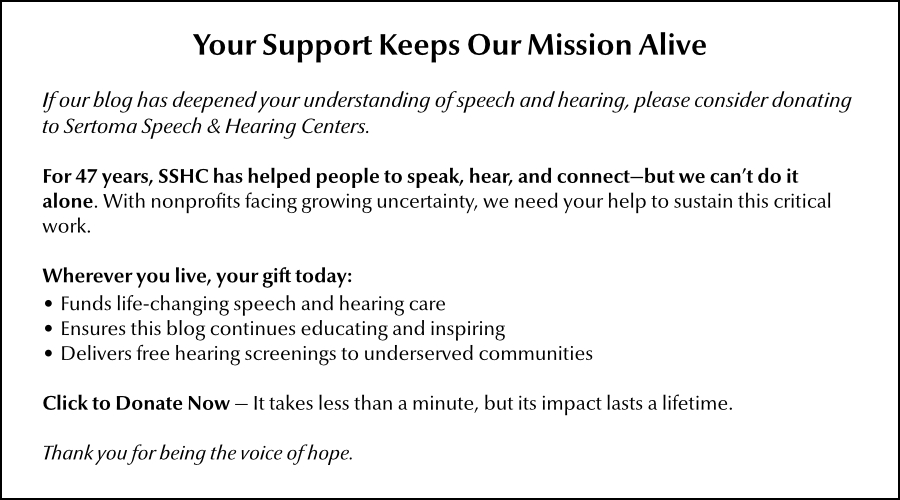Aging often makes it harder to hear speech in loud places, a frustrating reality for millions. But a new study reveals that lifelong musicians might have a biological edge: Their brains stay sharper at processing sounds, even in distracting noise.
Why it matters
Musicians’ brains resist aging’s toll on hearing. Older musicians matched young adults’ ability to understand speech in noise, while non-musicians struggled. This isn’t only about hearing, but how the brain preserves and compensates to stay resilient.
The research
The scientists investigated the underlying mechanisms behind the cognitive benefits associated with lifelong musicianship. Did the benefits originate from functional preservation or functional compensation? To do this —
- They compared the brain activity, measured through functional magnetic resonance imaging (fMRI), of three groups: older musicians, older non-musicians, and young non-musicians.
- Participants were asked to identify four noise-masked, naturally pronounced consonant-vowel syllables (ba, da, pa, and ta).
Study participants:
- 25 older musicians, 65.1 average age with an average of 50.9 years of music training
- 25 older non-musicians, 66.6 average age
- 25 young non-musicians, 23.1 average age

Results:
- The 25 older musicians outperformed 25 non-musician peers in identifying syllables in noise.
- At moderate noise levels, musicians matched 24 young adults’ accuracy.
- Brain scans showed older musicians retained “youth-like” activity in sensory-motor regions critical for speech processing.
How it works
The researchers concluded that musicians’ brains use two strategies:
- Preservation: Sensorimotor areas (linked to sound-movement coordination) stayed as precise as young adults’, aiding clear speech decoding.
- Compensation: Extra activation in attention-control regions (frontal-parietal areas) and suppressed “daydreaming” zones (angular gyrus) helped filter out distractions.
Yes, but
- This cross-sectional study can’t prove music causes benefits (some may have innate advantages).
- Musicians had slightly more education, though results held after accounting for it.
- Different instruments (e.g., singing vs. piano) might have unique impacts but were not unexplored in this study.
The takeaway
Music isn’t only art—it’s a brain workout.
- Lifelong training keeps critical hearing regions young and recruits backup networks to cut through the noise.
- For aging adults, the lesson is clear: Engaging the brain through multi-sensory activities (like music) is beneficial for staying sharp.


